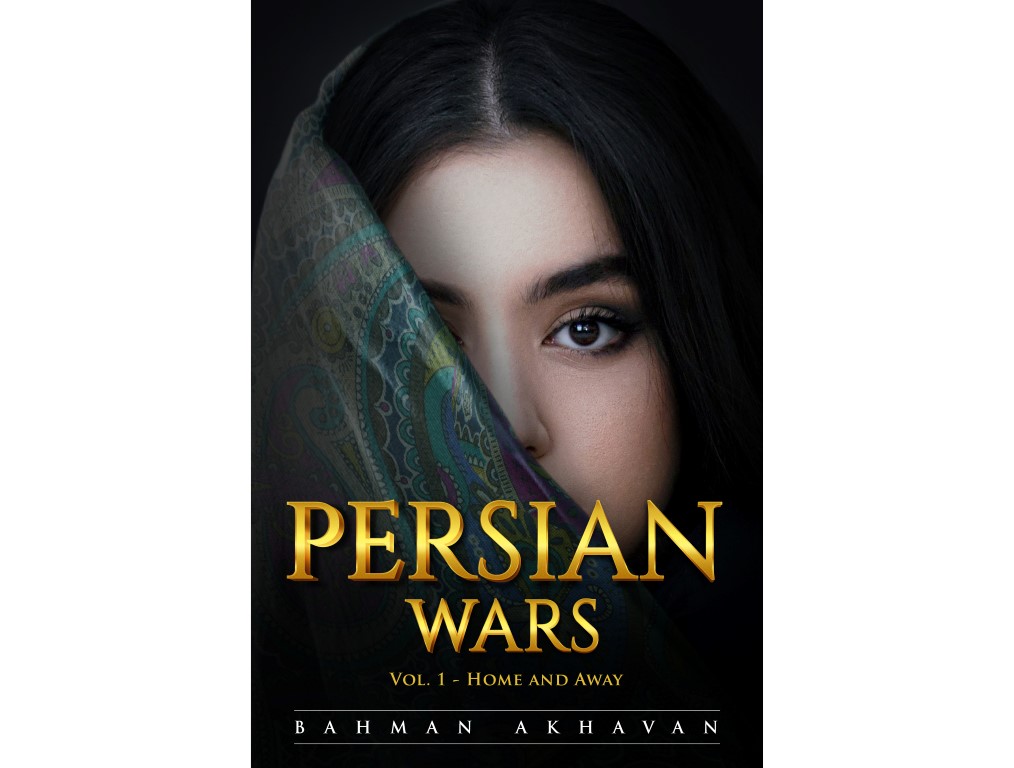
“The role of culture is that it’s the form through which we as a society reflect on who we are, where we’ve been, where we hope to be.”- Wendell Pierce
Iran experienced major changes at different economic and cultural levels after the Iranian Revolution (1979). Drugs and stimulants have adversely impacted the Iranian youth. The high prevalence of addiction causes risky behaviors and increases the risk of health issues in young people. Indulgence in drugs has also increased the risk of injury and death from interpersonal violence, road accidents, and risky sexual behaviors. According to recent studies, substance use is one of Iran’s most important social and health challenges and affects many young people annually. Tehran students have been observed excessively in drinking alcohol and using Opium. The teenagers smoke Hashish and use Ecstasy. The high use of drugs and alcohol by teenagers has reached an alarming rate in the country.
Persian Wars, written by a renowned author, Bahman Akhava, highlights the social and psychological transitions that Persians families experienced after the revolution. The Persian families living in the country or migrated faced multifaceted cultures. The book elucidates the complex nature of Persians and their ancient culture and traditions. They have faced cataclysmic wars and catastrophes, yet the nation has survived. After the Islamic Revolution of 1979, three million Persians have migrated to different countries and tried to reinvent themselves by adopting the new world’s modern culture and traditions. Incorporating the new culture into their life was not easy. The book explains the social, cultural, and psychological impact of liberalism on civil society.
The rapid modernization drastically changed traditional values and norms, leading to modern socio‐economic and administrative developments and the formation of modern civil society. Readers learn how modern social behavior has adversely influenced traditional family values, expectations, personal goals, and ambitions.
Deeply rooted in Persian literature, history, and tradition, the book’s narration deliberates the nuances, peculiarities, and impact of modernization on ancient values and family culture and dynamics. The book PERSIAN WARS VOL. 1 HOME AND AWAY consists of 4 separate and unrelated stories that explain the lives of different Iranian individuals and families from different backgrounds and settings, struggling with their conflicts and challenges. Emphasizing the adverse effect of transformation on Persian, the stories build a connection with history, culture, and the modern era. Persians who left the country during the Islamic revolution transitioned well into the Western culture yet suffered a cultural shock. The families faced relationships and identity crises. The book also explains that no matter how advanced the Persian families became, they maintained their legacy and did not let go of their cultural traditions. The four stories depicted that Persian people took habits and traditions from other cultures and incorporated them into their own, personifying them. But they maintained their traditional values and morals.
NAFISSEH: A mother of two grown sons has made an effort to live by her family values, upper-class upbringing, and ancient values to protect her family against Western vice and decadence. Story one of the book, Persian Wars, depicts a Persian family who experienced the social and cultural impact of liberalism. The nuclear family is modestly sized; the family members have close relationships with the extended family. This indicates that people’s family networks are quite large, but they follow their ancient family rules and dynamics.
The story analyses the reasons why Iranian families got to indulge in drugs and negative activities. According to old Persian tradition, family roles and dynamics vary significantly between those households that understand and protect family rights and maintain traditional values. Generally, families with higher educations are open-minded. Therefore, it was observed that families had been adversely affected by modern trends of liberalism. For instance, in story one, the eldest son, Nader, used high doses of drugs. The writer elucidates that Persians had faced cataclysmic wars, survived, and adapted to a new culture. Therefore, they experienced severe consequences of liberalism that devastatingly impact relationships, values, and ethics.
This is what the author narrates in the story,
“This is what you get with too much liberty. This is your democracy. Whatever someone wants to do, they do. They want to do drugs, ok! Go ahead, how many and what kind? They want to take a gun and shoot at other people, be my guest! It is your…. whatever…amendment right! This is what opportunity means in this country.”
In the end, Akhavan adds that though modernization and liberalism have influenced relationships, family values, and social behavior and attitude, yet it is observed that the Persian show strong loyalty to their family. The interests of the family supersede the needs of an individual. This loyalty also means that family honor and shame are shared between all family members. All people may gain the prestige of a family’s success or bear the responsibility for a family’s dishonor. Family dynamics exhibit that positive upbringing and support set the foundation for lifelong learning, behavior, and health. Family values enable us to realize the best version of ourselves, provide a vision and a path of purpose. Consequently, it helps us make informed, intelligent, healthy choices in life.
They will relate to the fact that, regardless of one’s background, relationships or struggles, overcoming prejudice, the story also teaches us how to understand how family help shape a person’s life.
Reading Persian Wars will empower readers to know that creating family values based upon acceptance and understanding with an emphasis on learning will help create a more open and loving familial environment where everyone feels accepted, allowing them to make informed, intelligent, healthy choices in life. Persian have accepted, understood and appreciated all individuals from various backgrounds and social settings. This helped transform their minds, develop a better understanding of themselves, their surroundings, and improve relationships and decision-making capacity. Moreover, resilient Persian families know how to overcome cultural imperatives, challenges, and conflicts leading to prejudice and social discrimination.







